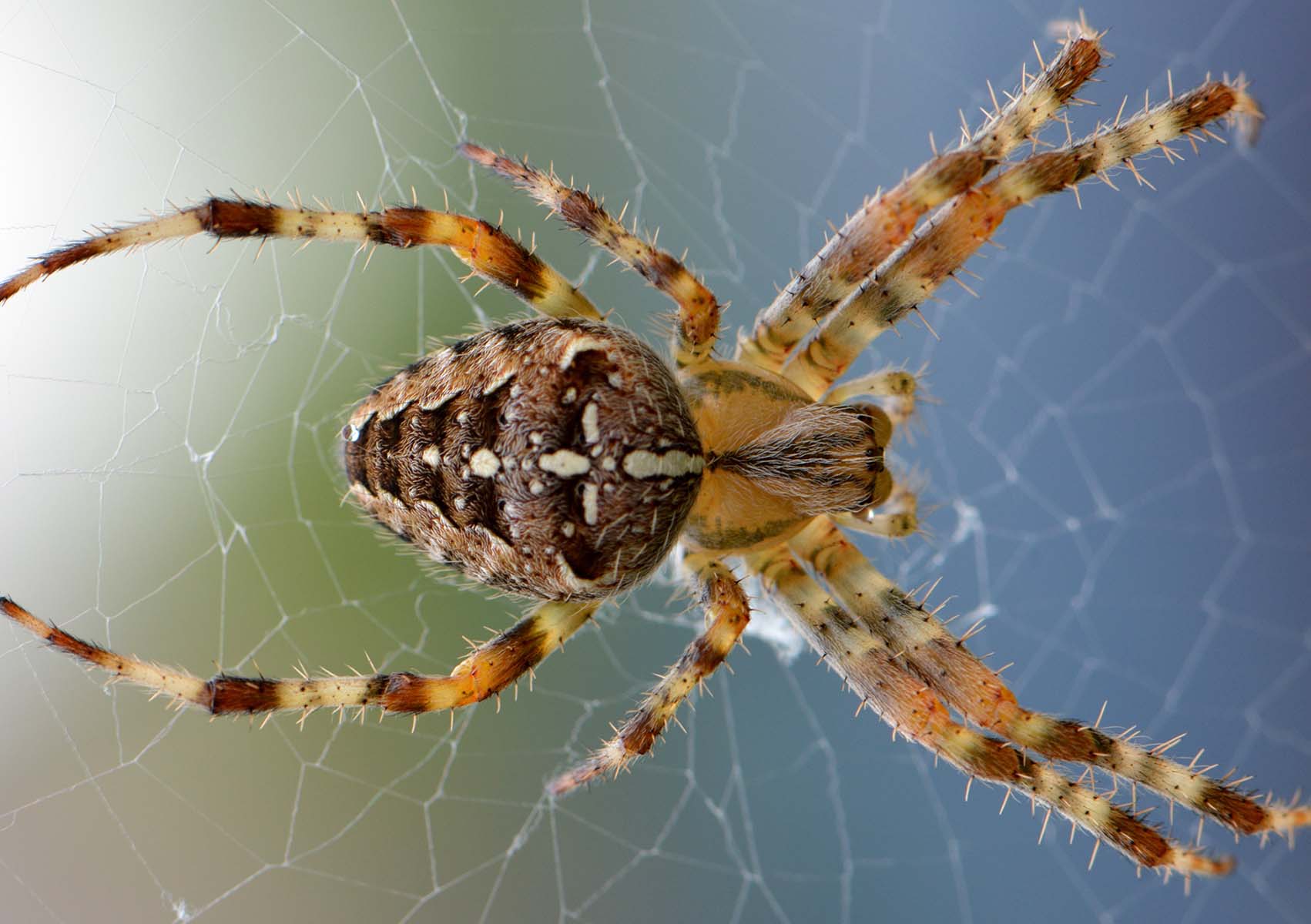Psychology blog: Ready to face your fears?
It’s autumn! Spider time! In case you are as big a ‘fan’ of spiders as I am, this is probably your least favourite season. On your way to school or work, in your room, or in the parking lot, spiders are everywhere. So guess what I do every morning in October? I check my bike or my car before I leave to work, and if I find a spider I prefer to walk to work — there is NO way I will ride a vehicle with a spider on or in it!
All right, I’ll admit it, this way I will never learn not to fear spiders. Instead of facing my fear, I decide to avoid it, time and again. And I am not the only one: specific phobias such as arachnophobia (meaning spider phobia) are very common among adults, adolescents, and children. Around 20% of the Dutch experience an anxiety disorder such as a specific or social phobia in their lifetime, and half of them develop their phobia before the age of 18 (Nederlands Jeugd Instituut, 2017). As phobias are so common, people who have one generally decide to ‘just live with it’ instead of looking for professional help (Bijl & Ravelli, 2000).
“In case you are as big a ‘fan’ of spiders as I am, this is probably your least favourite season.”

However, I think it’s time to face our fears. Phobias can have a big impact on daily life. For example, it is not uncommon for children with a phobia to avoid school or certain other situations involving other children, which might lead to exclusion from social events or school-related activities. Moreover, it is known that anxiety in children can lead to other problems in adolescence or adulthood, such as school drop-out, behavioural problems like oppositional defiant disorder, and depression.
Luckily, we know a lot about how to treat anxiety disorders such as specific phobias. Unfortunately, most of this knowledge is based on treating anxiety in adults, which may or may not work in children and adolescents, given that they are still developing both cognitively and emotionally. Therefore, it is time to study how treatment for anxiety disorders should be offered in children and adolescents specifically. To be able to do so, I opened a special out-patient clinic at Accare in Groningen called the Durfpoli this last summer. In the Durfpoli we welcome youth from 8 to 17 years old who dare to face their fears. Nearly all specific phobias are welcome! So are you someone, or do you know someone, who fears spiders, dogs, heights, small spaces such as elevators, or … you name it? Then (let them) sign up for the Durfpoli at at our website, or just send us an e-mail at durfpoli rug.nl.
“However, I think it’s time to face our fears.”
What if you have a social phobia, such as a fear of public speaking? Don’t worry you don’t have to come to Accare. Instead, Accare will come to you! From January onwards I will start with the Talk like that! training in Dutch secondary schools. In this training you will learn to face your fear in a five week program based on Cognitive Behavioural Therapy. So if you or your school would like to practice how to give a speech or presentation for your peers? Then look up information about Talk like that! at our website, or just send us an e-mail at talklikethat rug.nl.
And what about my own spider phobia? Well, I recently bought a baby tarantula for the Durfpoli, and I have to admit that we are starting to get along. By the time autumn is over, I might even be able to ride my bike to work with a spider on the handle bars!
“I opened a special out-patient clinic at Accare in Groningen called the Durfpoli this last summer.”
About the author
This blog is written by Rachel de Jong. She is currently a PhD student in Clinical Psychology & Experimental Psychopathology at the University of Groningen.
References
- Angststoornissen-Cijfers
- Bijl RV, Ravelli A: Psychiatric morbidity, service use, and need for care in the general population: results of The Netherlands Mental Health Survey and Incidence Study. Am J Public Health 2000, 90:602–607.
| Last modified: | 23 November 2021 2.18 p.m. |
More news
-
16 April 2024
UG signs Barcelona Declaration on Open Research Information
In a significant stride toward advancing responsible research assessment and open science, the University of Groningen has officially signed the Barcelona Declaration on Open Research Information.
-
02 April 2024
Flying on wood dust
Every two weeks, UG Makers puts the spotlight on a researcher who has created something tangible, ranging from homemade measuring equipment for academic research to small or larger products that can change our daily lives. That is how UG...
-
18 March 2024
VentureLab North helps researchers to develop succesful startups
It has happened to many researchers. While working, you suddenly ask yourself: would this not be incredibly useful for people outside of my own research discipline? There are many ways to share the results of your research. For example, think of a...
